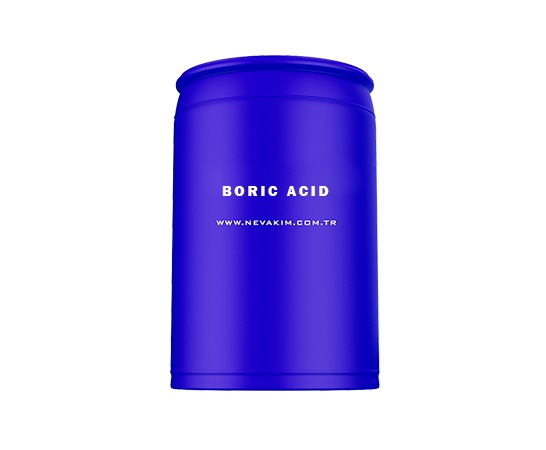Definition: Boric acid is a white, odorless powder or crystalline solid that dissolves easily in water. It forms when borax, a mineral compound, reacts with a mineral acid such as hydrochloric acid. Boric acid is weakly acidic and can be used both as an antiseptic and as an insecticide.
Uses:
Antiseptic: Boric acid is commonly used as an antiseptic agent for minor cuts, wounds, and skin infections. It has mild antifungal and antibacterial properties, making it effective in preventing infections and promoting healing.
Insecticide: Boric acid is used as an insecticide to control various pests, including cockroaches, ants, termites, fleas, and silverfish. It acts as a stomach poison when ingested by insects, disrupting their digestive systems and leading to death.
Preservative: Boric acid is used as a preservative in some cosmetic and personal care products, such as eye drops, creams, lotions, and ointments. It helps to prevent microbial growth and extend the shelf life of these products.
Flame Retardant: Boric acid is used as a flame retardant in various materials, including textiles, plastics, and wood products. It helps to reduce the flammability of these materials and inhibit the spread of fires.
Neutron Absorber: Boric acid is used as a neutron absorber in nuclear reactors to control the rate of nuclear fission reactions. It helps to regulate the reactor’s power output and prevent runaway reactions.
Glass and Ceramic Industry: Boric acid is used in the glass and ceramic industry as a fluxing agent to lower the melting point of materials and improve their fluidity during manufacturing processes. It is also used as a component of glazes and enamels.
Wood Preservation: Boric acid is used in the treatment of wood to protect it from fungal decay and insect damage. It is applied as a solution or as a component of pressure-treated wood products.
Chemical Synthesis: Boric acid is used as a precursor in the synthesis of various chemical compounds, including borates, boron compounds, and pharmaceuticals. It serves as a source of boron in organic and inorganic reactions.
pH Buffer: Boric acid can act as a weak acid buffer in certain chemical and biological applications, helping to maintain a stable pH level in solutions.
Medicine: Boric acid is used in medical applications, such as eye washes and ear drops, to alleviate discomfort and irritation caused by infections or inflammation. It has mild antiseptic and astringent properties.



Değerlendirmeler
Henüz değerlendirme yapılmadı.